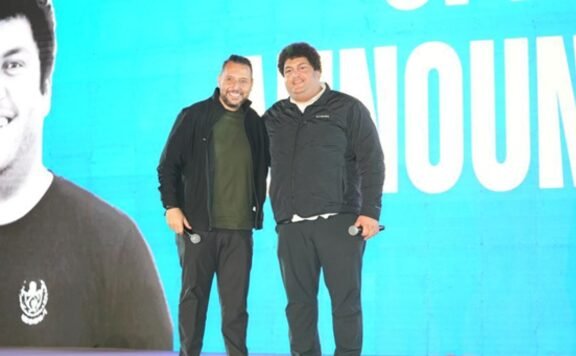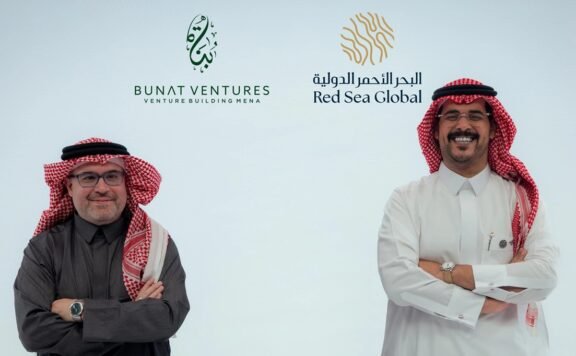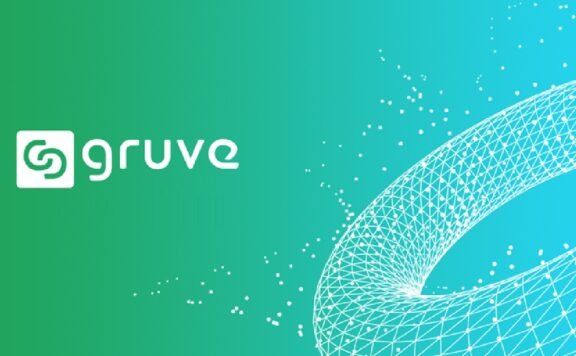The ‘Hack for Earth at COP28 co-organized with Ericsson’ global online hackathon took place between 1 and 3 December 2023 with 1200 participants from 112 countries working together in teams to co-create solutions for a sustainable future.
The eight Challenge Category winners will join Hack for Earth’s Build for Earth customized acceleration program that is based on science and designed to make the solutions a reality in 6 months. As co-organizer, Ericsson will continue to support the winners while they go through Build for Earth with bespoke knowledge-sharing sessions.
Ann Molin, Secretary General and CEO, Hack for Earth, says: “There is no other future than a sustainable future. The winners of Hack for Earth at COP28 showcases with all necessary clarity that citizens around the world are well aware of this, and they are stepping up the game on climate action. I am eagerly looking forward to see the winning solutions turn into real tools fighting climate change in Build for Earth acceleration program, starting January in 2024.”
Fida Kibbi, Vice President and Head of Marketing, Communications and Sustainability & Corporate Responsibility at Ericsson Middle East and Africa, says: “Congratulations to the exceptional minds and passionate teams who rose to the challenge of Hack for Earth at COP28. In this dynamic world of today that continues to combat rising environmental concerns, innovation allows businesses and individual to make a transformative change towards a sustainable future. The winning teams, having showcased their groundbreaking solutions, now embark on the six-month Build for Earth acceleration program. Ericsson remains committed to fostering real-world solutions for a sustainable future and today, we look forward to nurturing and fast-tracking these groundbreaking solutions into impactful realities.”
The 8 Challenge Category winners are:
Energy Challenge winner & Hack for Earth Award 2023: Renewable Energy Placement Optimizer
The solution is a tool that can tell the user the optimal location to put a renewable energy source. For instance, the user might give it a boundary of land where the energy source may be placed. The tool then utilizes Artificial Intelligence (AI) and Machine Learning (ML) to pinpoint the places where solar panels or wind turbines would produce the most energy. The end users would range from homeowners wanting to be off-grid, to utility companies looking to build a new wind or solar farm, to government agencies looking for the best places to zone into residential areas that can be energy-self-sufficient like for the homeowner wanting to be off-grid.
Water Challenge Winner: Agri-Azola
Agri Azola for Food Feed stands at the forefront of sustainable animal feed production, offering a tangible solution to Egypt’s water scarcity challenges. The advocacy for Azolla aligns with the urgent need for water-efficient, environmentally responsible, and climate-resilient agricultural practices, ensuring a more secure future for Egypt’s agriculture sector amidst prevailing water scarcity concerns.
Partnership Challenge Winner: Climate Action Collaboration System (CACS)
Lack of awareness hinders community engagement in ongoing projects; individuals are unaware and unable to contribute effectively especially as students and the general public. Introducing a collaborative website connecting stakeholders, project managers, and individuals. Visitors can fund, join, create, search projects, view impact and progress and actively participate in discussions and project tasks – fostering a community-driven approach to project awareness and contribution. Students can also visit the website for research and study where they can search projects and view their impacts. This is not just collaborative but also educational.
Environment Challenge Winner: p-VITA
Introducing a revolutionary solution for a healthier planet and healthier individuals. The p-VITA solution extracts beta carotene, also known as pro-vitamin A, from the waste of palm trees that is usually burned or thrown into the Nile. By recycling this waste, the solution contributes to reducing waste and pollution in the environment and produces a high-quality and affordable source of beta carotene for various industries.
Food Challenge Winner: Greenance
Preventing farm yield losses by providing climate intelligence to unlock access to proactive intervention funds.
Transport Challenge winner: Roam and Nest: Your Sustainable Travel Companion
Innovating Sustainable Transportation with Roam and Nest. Creating sustainable transportation systems that reduce emissions, improve connectivity, and contribute to sustainable cities and communities.
Education Challenge winner: EcoShop – Sustainable Grocery Shopping Mobile Application
The solution presents a mobile application (app) ‘EcoShop’ to tackle the issue of increased carbon emissions. The app will raise awareness and help people to be more mindful of the environment by keeping track of the carbon footprint produced while shopping and suggests environmentally friendly alternatives.
Cities Challenge winner: EcoTabax Project
EcoTabax is a green project with the purpose of recycling plastic waste into eco-friendly bricks made from plastic granules and sand.





